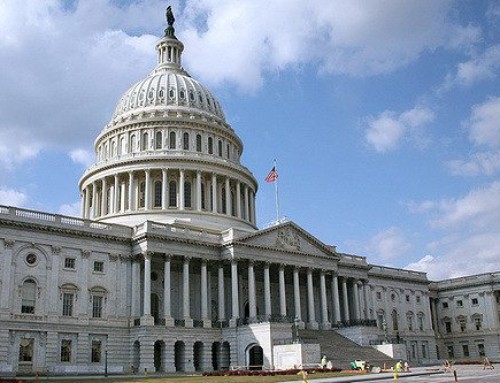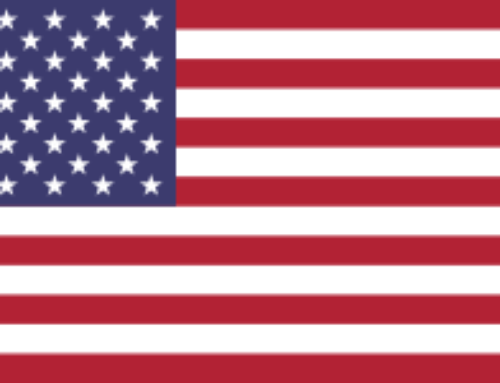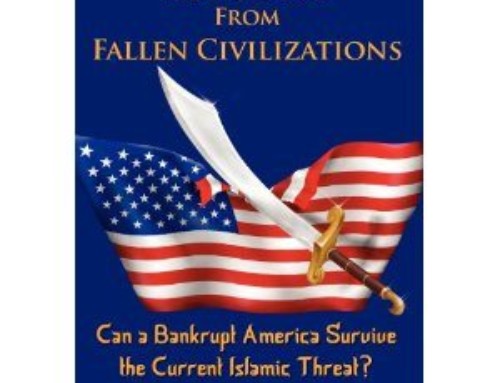Ms. Ryan – In response to your distinctly disingenuous plea (editorial page, Sept. 29th) for straight answers to the questions posed by President Bush’s embrace of preemption, unilateralism, and reckless militarism (for brevity –PURM), let me try to oblige by asking you to consider the following scenario. Imagine the Bush White House takes your counsel and rejects PURM as too cowboy-like. But then, for example, suppose in the not so distant future, we learn through definitive intelligence that Iraq, together with shadowy stateless terrorist proxies, have acquired suitcase nukes, lots of them, and as many reasonable observers have feared, delivered them in containers, complete with remote detonation devices, to various U.S. port cities. And like sleeper cells, the devices are already here. Would you then have any recriminations about your previous pacifism and still confess to “feeling a bit dense” about all this? Or would your mind be a bit more focused? In short, Joan, what if your assumptions are very wrong?
Okay, that wasn’t a straight answer. What follows here is my attempt at a few straight ones.
This new policy of preemption, also being called the Bush Doctrine, is quite simply a destiny shaping foreign policy initiative equal in stature to the Monroe Doctrine which served notice to European monarchies in particular and to the rest of the early nineteenth century world that the Western Hemisphere was off-limits to further colonial conquest. The U.S. would unilaterally wage war to deflect further tyranny.
As did Monroe in 1823 with his doctrine, and Harry Truman in 1947 with his containment policy of the Soviet Union, on September 20th, President Bush submitted to congress “The National Security Strategy of the United States.” Joan, perhaps the following excerpt you will construe as a straight answer. “The gravest danger our nation faces lies at the crossroads of radicalism and technology. Our enemies have openly declared that they are seeking weapons of mass destruction, and evidence indicates that they are doing so with determination… And as a matter of common sense and self-defense, America will act against such emerging threats before they are fully formed.”
Your article makes the plea for something to tell the families of the grocery clerks and bank tellers who will be killed in the coming war. In an attempt at a straight answer, let me say that Sadam Hussein is much more a menace to his own region than are we. Although we’re his sworn enemy, the great Satan, he’s twice attacked neighboring Muslim countries, and is responsible for more Muslim deaths than any man alive, 1.5 million in the Iran-Iraq war, and 50 to 100,000 Iraqi Kurds killed in gas attacks. And by the way, were you as concerned about the clerks and tellers in Belgrade when the U.S. and NATO were bombing Serbia? Or is it that this war will be prosecuted by a Republican president which renders it illegitimate for you?)
Also, Iraqi regime change will not inflame the Middle East any more than it already is. It will endear us to sane Muslims! Kuwaiti diplomats are rumored to be working the back rooms at the U.N. reminding their Islamic brethren that the region will be much better off when Hussein is deposed or dead. And do you remember last November when the Chronicle’s ran on its front-page the Reuters photo of overjoyed men and boys dashing out of the utterly drab, impoverished Kabul to greet the Northern Alliance liberators? Joan, deep down, you know that similar celebrations will take place in Baghdad, Tehran, and Damascus before this campaign is over. And even if it could somehow be demonstrated that Hussein had no plans to use weapons of mass death on us or our allies, what’s wrong with deposing a mass murder as we did with Milosevic?
Securing and preserving freedom has almost always been a costly and fearful enterprise. Although you, a majority of Bay Area journalists and readers will likely not change your minds and support the inevitable second theater of this war, Bush already has more than enough support for PURM. American historians have reminded us that by the end of 1776, when the Revolutionary war was already a year old, a third of the colonial citizenry were neutral, roughly a third remained loyalists, and only a third were supporters of the revolution.
Publication: San Francisco Chronicle


